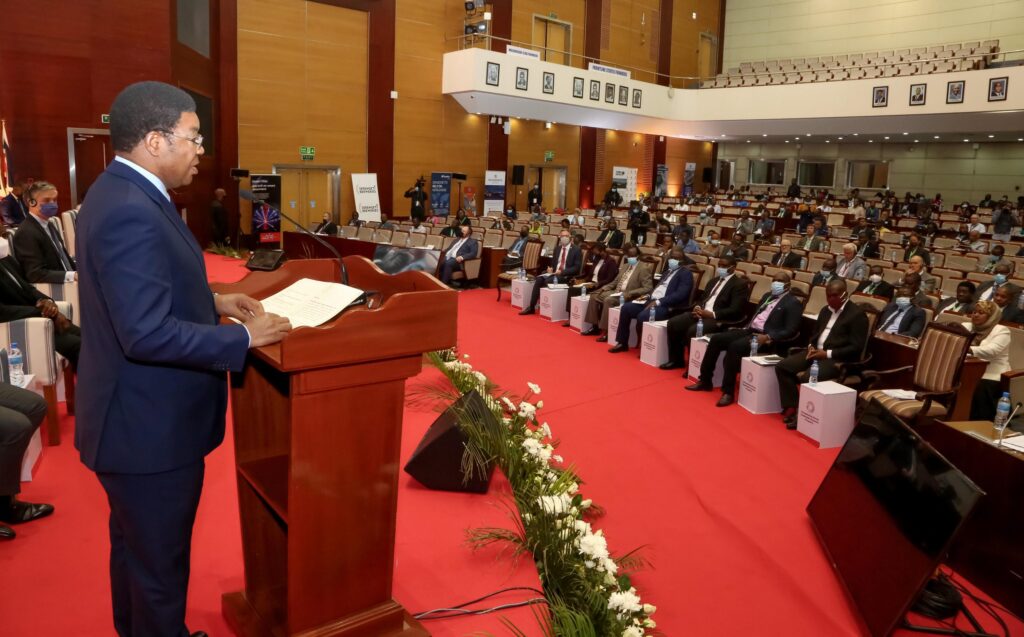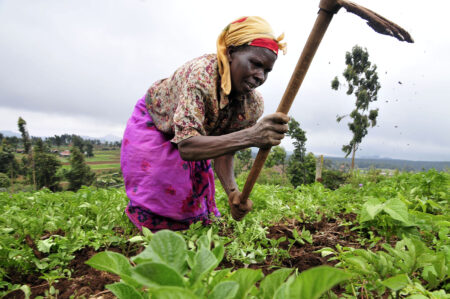It further explains that the RCF disbursement will continue to help address Tanzania’s urgent balance of payment needs arising from the Covid-19 pandemic.
The money will also serve to provide Tanzania with concessional resources needed to take measures to mitigate the severe socio-economic impact of the pandemic.
Tanzania’s economy is heavily dependent on the tourism industry and as yet, the IMF cautions that travel services receipts and travel arrivals continue to remain below pre-pandemic levels.
[elementor-template id="94265"]











